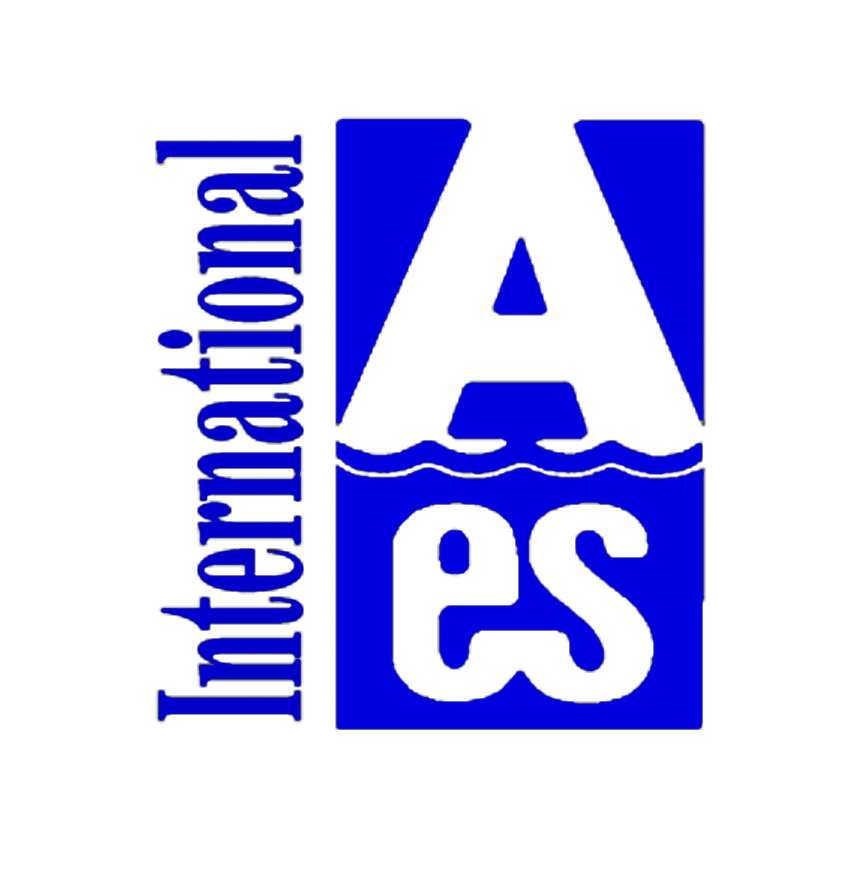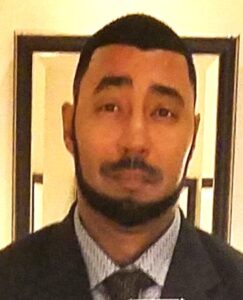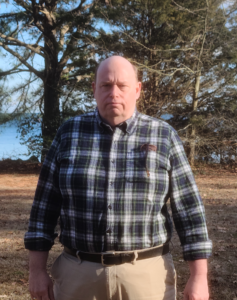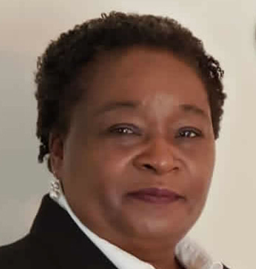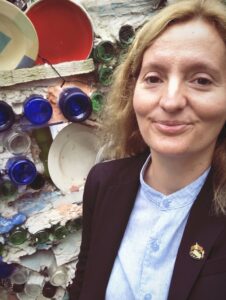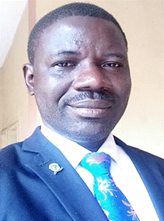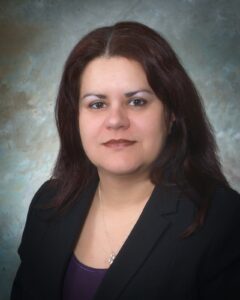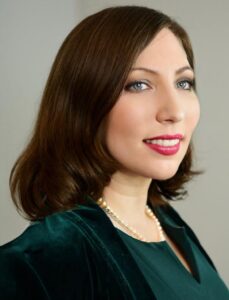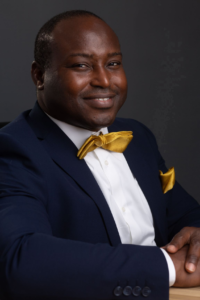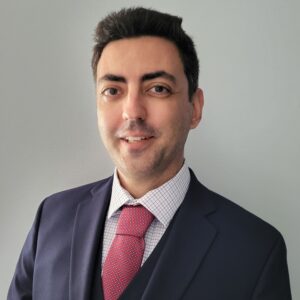Dr. Ayoub Rabhi
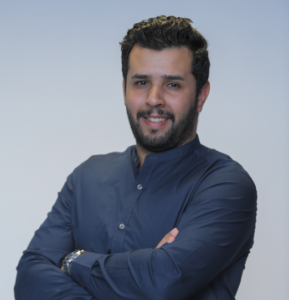
Dr. Ayoub Rabhi
Dr. Ayoub Rabhi holds a PhD in Economics. He joined the International University of Rabat- Sciences Po as an assistant professor of economics. At Sciences Po Rabat, he teaches economics, statistics, finance, and economic policy. As a researcher, he is interested in economic and financial issues with the application of econometric modeling. Ayoub has participated in numerous international symposiums and has published more than a dozen peer-reviewed articles. His latest work focused on modeling the impact of government interventions on economic uncertainty during the Covid-19 pandemic.
If you recall, what influenced your decision to become a member of the International Atlantic Economic Society?
I was drawn to the Society by the quality of the conferences, the speakers, and the members alike, along with the opportunity to publish papers post-conference.
What types of projects/research are you currently working on and what inspired/motivated you to pursue these interests?
Currently, I am investigating the outcomes of economic policies in developing countries and how these policies interact with different sustainable development objectives, such as reducing poverty, addressing inequality, and mitigating climate change.
The reason I have chosen to study these issues is deeply personal. As someone from a developing country, I am motivated by the recognition that these nations confront multiple challenges concurrently and, therefore, necessitate tailored policies to foster sustainable development.
What advice would you give to someone who is considering entering your line of work/field of study?
Doubt is an inherent element of academic research and it will persist unless we dispel it. Blending curiosity with the dedication of both time and effort can help overcome this challenge. Without such an approach, the doubts persist.
Going forward, what other projects/research are you planning to or hoping to pursue?
I plan to focus my research on development issues in African countries. I’m motivated by the unique challenges they face and the need for tailored solutions. My goal is to find practical ways to support sustainable and equitable growth in these regions.
What’s your favorite hobby?
I enjoy travelling as well as discovering and experiencing new cultures.
